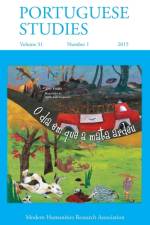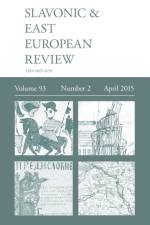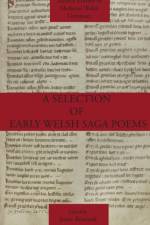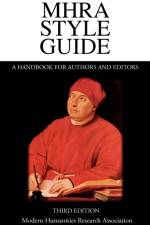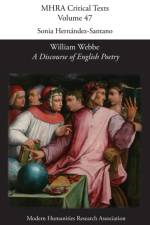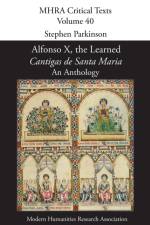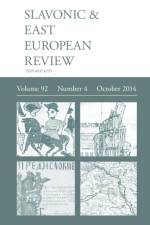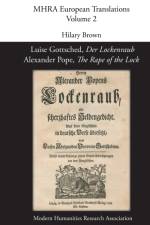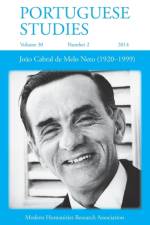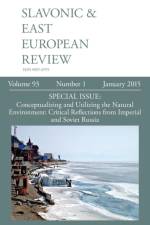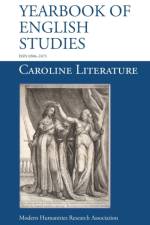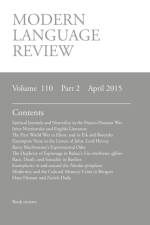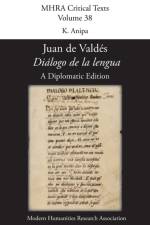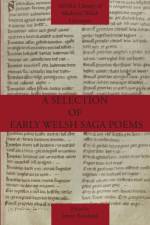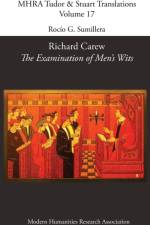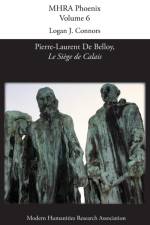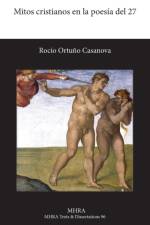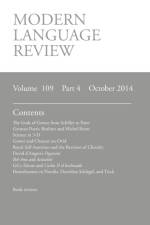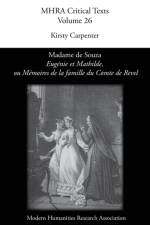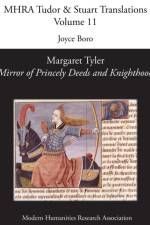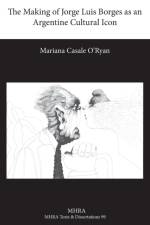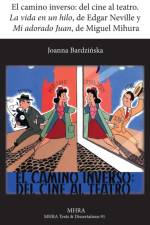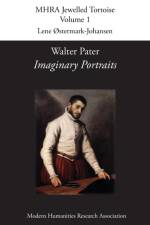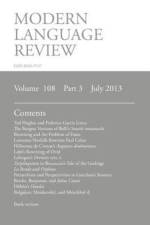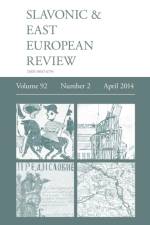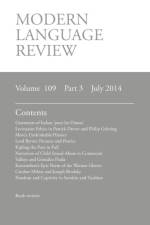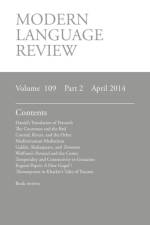1 647
The Yearbook of English Studies for 2014 is devoted to Caroline literature, a period of English writing (1625-49) falling between the Jacobean period and the Interregnum. The volume, edited by Rory Loughnane, Andrew J. Power and Peter Sillitoe, includes fourteen invited essays from established and emerging scholars of the period, with each contributor discussing a particular aspect of Caroline literary activity. Despite the wealth of writing produced in this period, Caroline literature has not been as widely studied as the acknowledged 'golden age' that preceded it. Indeed, until recently, much critical emphasis had focused on how these writings pre-empt the ruptures of civil war to come. The present volume offers a timely corrective to such a narrow view of this exciting period of writing.The volume is divided into three sections, on drama, poetry and prose, ranging from performances at the playhouses in London to the emergence of travel writing in this period. The drama section includes essays on the repertories and activities at popular outdoor playhouses such as the Globe and the Red Bull, as well as indoor playhouses such as Blackfriars, Salisbury Court and the Cockpit. This section concludes with a discussion of the reasons for, and impact of, the closure of the theatres in 1642. Several other essays focus on theatrical performances outside the playhouses, from masques at court to royal progresses. In the poetry section, Robert Herrick emerges as a major figure of interest in all four essays, from his writings about the body, hunger, and the grotesque, to his interactions with the other 'sons of Ben'. The volume concludes with essays on prose literature of the period, ranging from Milton's early writings on ecclesiastical polity to pamphlets of martial complaint. The topics and texts discussed in this volume demonstrate the abundant variety of literary output in the Caroline period, from entertainments at court to cheap print for the masses. Contributors have sought to engage anew with a body of literature that has been too often overlooked or dismissed, and, in doing so, to challenge the received critical narratives about this period.

